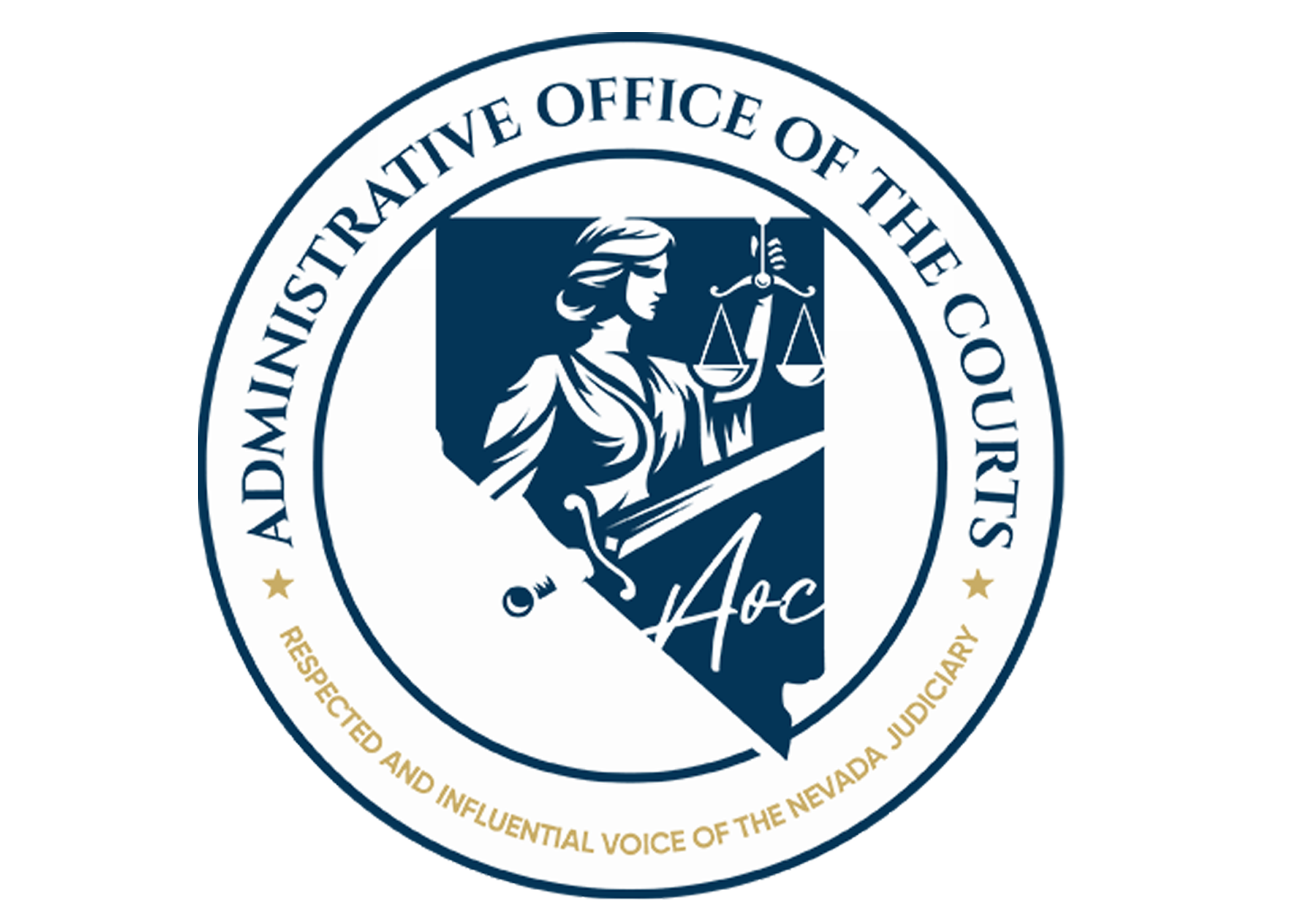Informal Family Law Trials in Nevada
Family law cases include divorce, separation, unmarried parents, and modification cases about child custody, parenting time, and child support.
What is an Informal Family Law Trial (IFLT)?
In an Informal Family Law Trial (IFLT), you and the other person speak directly to the judge about the issues in dispute, such as child custody and dividing property or debts. A question-and-answer format is not used. Only the judge asks questions of each person. This happens even if you or the other person has a lawyer. Usually, other witnesses are not allowed to testify. You can, however, ask the court to let an expert witness testify, such as a doctor, counselor, appraiser, or custody evaluator. The Rules of Evidence do not apply in an IFLT. This means you can tell the judge everything that you think is important. You also can give the judge any documents or papers you want the judge to review. The judge will decide the importance of what you and the other person say and the papers you each give to the judge. In an Informal Family Law Trial, lawyers are only allowed to: * say what the issues in the case are, * respond when the judge asks if there are other areas as the person wants the court to ask about, and * make short arguments about the law at the end of the case. The Informal Family Law Trial is a voluntary process. In other words, you decide whether it is something you want to do. An IFLT will be used only if both people involved in the case agree to it. Both people must complete a form that says what type of trial they choose.
Why would I choose an Informal Family Law Trial?
- Your case is relatively simple. You are comfortable explaining your circumstances and the facts to the judge.
- Fewer rules apply, so Informal Family Law Trials are more flexible. IFLTs may be easier for people who are representing themselves. The judge is more involved in asking questions and guiding the process. The judge may be able to reduce conflict between the two sides and help them focus on the children or other issues.
- You can speak directly to the judge about your situation without interruption or objections from the other person or their lawyer. The other person is not allowed to ask you questions.
- You do not have to worry about formal rules that limit what you can say in court. You can:
- Speak freely about conversations between you and other people who are not in court.
- Talk to the judge about what your children have said about custody and parenting time.
- Tell the judge whatever you think is important before he or she makes a decision about your case.
- You can give any documents you think are important to the judge.
- Informal Family Law Trials may be shorter. A lawyer may be able to prepare in a shorter amount of time. Therefore, the cost to have a lawyer represent you may be less. You may have to take less time off from work.
- The judge usually, but not always, makes a decision the same day as the trial.
How an Informal Family Law Trial Works:
- When the IFLT begins both people will be asked if:
- they understand the rules and how the trial works, and
- they agreed to participate in the IFLT voluntarily.
- The person that started the case will speak first. He or she may speak about anything he or she wishes.
- He or she is not questioned by a lawyer. Instead, the judge will ask questions to make a better decision.
- If the person talking has a lawyer, then that lawyer may ask the judge to ask their client questions on specific topics.
- This process is repeated for the other person.
- If there are experts, the expert’s report may be given to the judge. Either person may ask to have the expert testify and be questioned by the judge or the other person.
- Each person may submit documents and other evidence that they want the judge to see. The judge will look at each document and decide whether it is trustworthy and should be considered.
- Each person may briefly respond to comments made by the other.
- Each person or their lawyer may make a short legal argument about how the laws apply to their case.
- Once all the above steps are complete, the judge states their decision. In some cases, the judge may give the ruling at a later date.
- Any of the above steps may be modified by the judge in order to make sure the trial is fair for both people.

